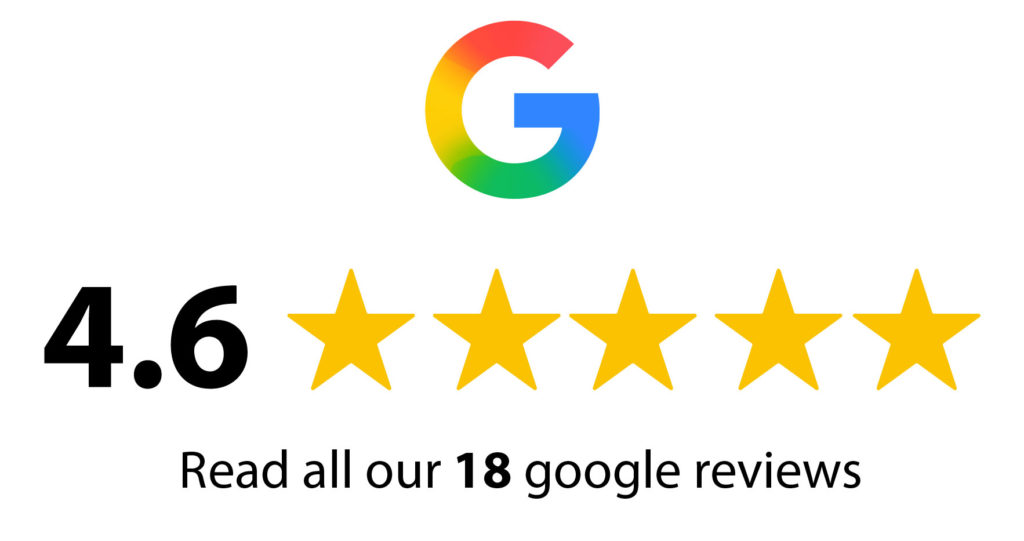Yes, there are two broad types: closed bridging finance and open bridging finance.
With closed bridging finance you will tell the lender how you will repay the loan – with what funds and when. These loans usually complete within a few months and the clear exit plan is required as a lending condition.
Open bridge finance won’t usually need this type of exit plan, and it is typically the loan of choice when funds are needed urgently to complete a property transaction. No detailed plan is needed to explain how the debt will be settled, and the finance tends to be offered for up to a year. Of course, it’s important to note that interest will keep being applied throughout this period.
There are also first charge bridging loans and second charge bridging loans.
If you have a loan against a property which is already mortgaged, you’d take out a second charge loan. An example of this would be if you were planning to finance a property extension to improve the property. The categorisation tells the lenders who will have legal priority for repayment if the loan was unable to be paid off at the term-end.
First charge loans apply if the new loan is the first secured on the property.









